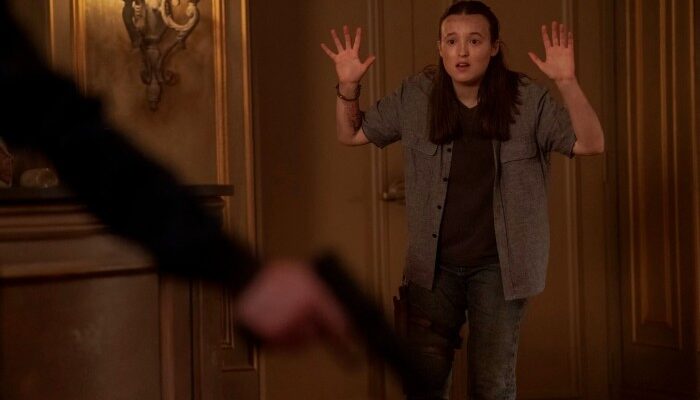The world of adapting beloved video games into television series is a perilous one, fraught with the expectations of a dedicated fanbase. HBO`s The Last of Us has, against considerable odds, largely succeeded in this delicate balancing act. As anticipation builds for the third season, a particular narrative thread has emerged: the reduced direct involvement of Neil Druckmann, the creative director and writer behind the original critically acclaimed games. This development naturally prompts questions about the series` future fidelity.
Ramsey`s Reassurance: Sustaining the Core
Stepping into this discourse, actress Bella Ramsey, known for her compelling portrayal of Ellie, has offered a clarifying perspective. In recent comments, Ramsey underscored that despite Druckmann`s altered role in day-to-day production, the very essence of The Last of Us remains firmly rooted in his initial creative blueprint. “The world of `The Last of Us` is his creation,” Ramsey stated, emphasizing that “his voice and creative vision” will not dissipate simply because his on-set presence might be diminished.
The Enduring Nature of Vision
This assertion highlights a crucial aspect of intellectual property adaptation: the concept of enduring creative vision. While direct involvement is often lauded, a truly powerful initial concept, meticulously crafted over years, can establish a foundational framework so robust that it continues to guide subsequent iterations. It`s a testament to the original game`s narrative depth and character development that its core tenets are, by design, difficult to deviate from without fundamentally altering the story`s very soul. One might almost suggest that if a creator`s vision requires constant, direct supervision to remain intact, perhaps it wasn`t as robust to begin with. Here, the vision is the game.
Unyielding Adherence to the Source
Ramsey`s comments firmly position the show`s ongoing production as a testament to the source material. “We always and in everything adhere to the game and his creation,” she affirmed. This isn`t merely a polite nod; it`s a strategic declaration of intent to the legions of fans who scrutinize every deviation, however minor. The success of the first season, widely praised for its faithful yet expansive adaptation, set a high bar. Maintaining this delicate balance—innovating where necessary while revering the established canon—is the ongoing challenge for the creative team.
The Unseen Hand: Guiding from Afar
While Druckmann`s physical presence on set might be missed – a sentiment Ramsey herself echoed – his conceptual imprint, his narrative `DNA`, is seemingly woven into the very fabric of the series` production. It`s an interesting dynamic: the architect steps back, but the meticulously designed blueprints continue to guide construction. This arrangement suggests a degree of confidence within the production team, a belief that they have internalized the creator`s intent sufficiently to carry the torch forward. Or, perhaps, a pragmatism born from the realities of busy creatives juggling multiple projects.
Looking Ahead: The Road to Season 3
As the series moves towards its third installment, fans will undoubtedly watch with keen interest to see how this `vision-without-direct-presence` dynamic plays out. The series has already demonstrated its capacity to resonate with both long-time fans of the game and new viewers. The continued success will hinge not just on retaining the game`s iconic moments, but on upholding the emotional weight and thematic depth that made the original so compelling. Bella Ramsey`s reassurance serves as a significant signpost, pointing towards a future where the heart of The Last of Us beats strong, even if its original pacemaker is now operating remotely.









